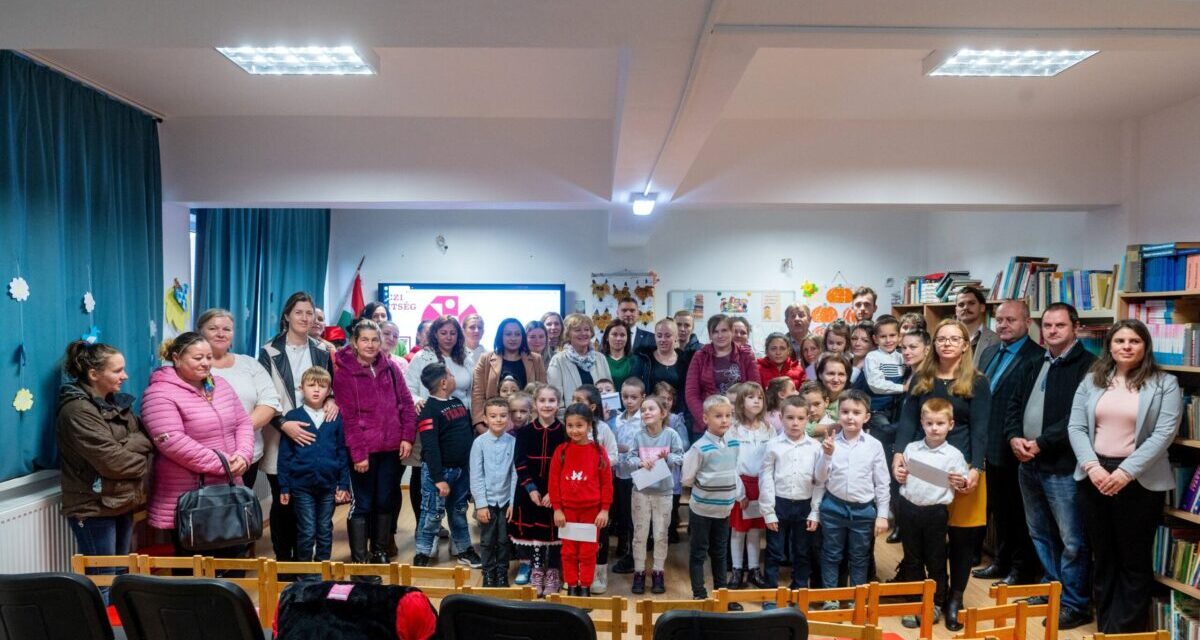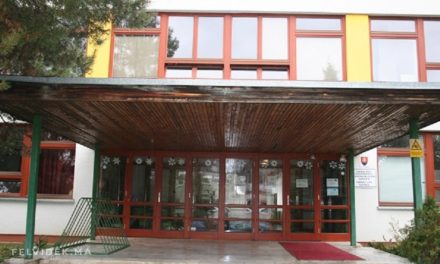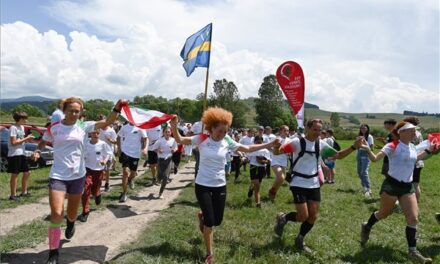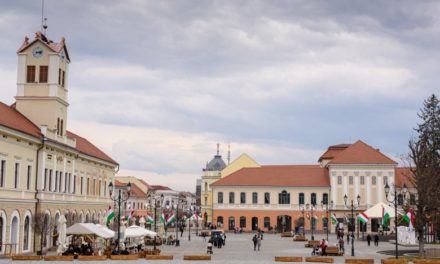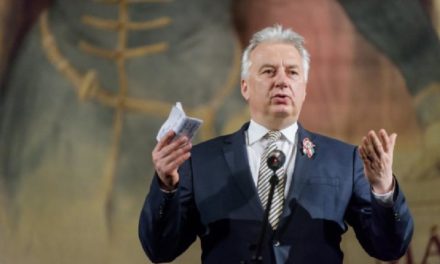The Hungarian state also supports students studying Hungarian through the Hungarian in the Motherland program, and since the fall, the amount has quadrupled to HUF 100,000.
Scattered Hungarian communities are the last strongholds of the nation, and the Hungarian government's task is to strengthen these last strongholds so that they become solid and strong "edifices", said Chief Advisor to the Prime Minister Katalin Szili on Wednesday in Avasújváros, Transylvania.
Katalin Szili visited the dispersion area of Szatmár county on the day of the Hungarian diaspora. In the Hungarian-majority village, the Rákóczi Association awarded scholarships to preparatory class students studying in their mother tongue.
In his speech, he emphasized that the scattered Hungarian communities preserve the Hungarian culture, language, and traditions as the final strongholds of the nation, which give Hungarianness its self-identity.
He thanked the parents for choosing Hungarian-language education for their children, and thanked the teachers for their daily work to preserve national identity.
He explained: as a member of the Rákóczi Association's advisory board, he himself came as a Rákóczi. He emphasized: Hungary and the Hungarian government consider it very important to support Hungarians living outside its borders, so that families can prosper and prosper in their homeland. The Rákóczi Association has a big role to play in this, he said, which has been supporting the Hungarian language schooling of foreign children for 33 years, and "steadily does its job" in Transylvania as well.
As he said, the municipalities must also provide the infrastructure for this, and the parents must decide to choose the Hungarian school.
"My first thank you is for this decision, and the second is for the fact that they keep their identity even within the family and wish to pass it on," said Katalin Szili.
He recalled that the Romanian Hungarian Democratic Union (RMDSZ) declared November 15, the day of the birth and death of the Transylvanian prince Gábor Bethlen, as the day of the Hungarian diaspora in 2011 and the Hungarian Parliament in 2015. It is a special pleasure to be able to welcome the Hungarian schoolchildren of Avasújváros and its surroundings on this day, he declared.
"You are the last bastions of what it means to belong to the Hungarian nation, to belong to Hungarian culture, where the Hungarian language is still important. I wish that this community continues to grow, that the scattered population does not diminish, but rather grows stronger!" said Katalin Szili in summary.
On behalf of the Rákóczy Association, László Petrovay said: the parents made the best possible decision for their children, since they will learn the intricacies of the Hungarian language and culture in Hungarian schools, and thus they will become Hungarian adults, and they will be the replenishment of the Hungarian community in Szatmár County.
He emphasized: the scholarship is a symbolic amount, nine thousand students in the Carpathian Basin benefit from it, thanks to the support of hundreds of Hungarian municipalities, private individuals and companies.
He reminded that the Hungarian state also supports Hungarian language learners through the Hungarian in the Motherland program, and since the fall, the amount has quadrupled to HUF 100,000.
Lukács Dénes Szatmár County Deputy Superintendent of Education also thanked the Rákóczi Association and the Hungarian government for their support and said: the Szatmár teaching community also does everything to make the Hungarian language classes attractive, each school has a prepared teaching staff.
Ottilia Szejke, the Szatmár county president of the Rákóczi Association, emphasized that in Avasújváros and its countryside, it is clear that children should be sent to the Hungarian section, and that it is "not fashionable" to send them to schools in other languages.
"These children learned to speak Hungarian with their mother back home, in their mother tongue," he said, adding that mother tongue education provides them with an additional stable foundation.
At Wednesday's ceremony, two dozen students from primary schools in Avasújváros and Vámfalv received support to encourage Hungarian school choice, and the ceremony ended with the children's show.
MTI

